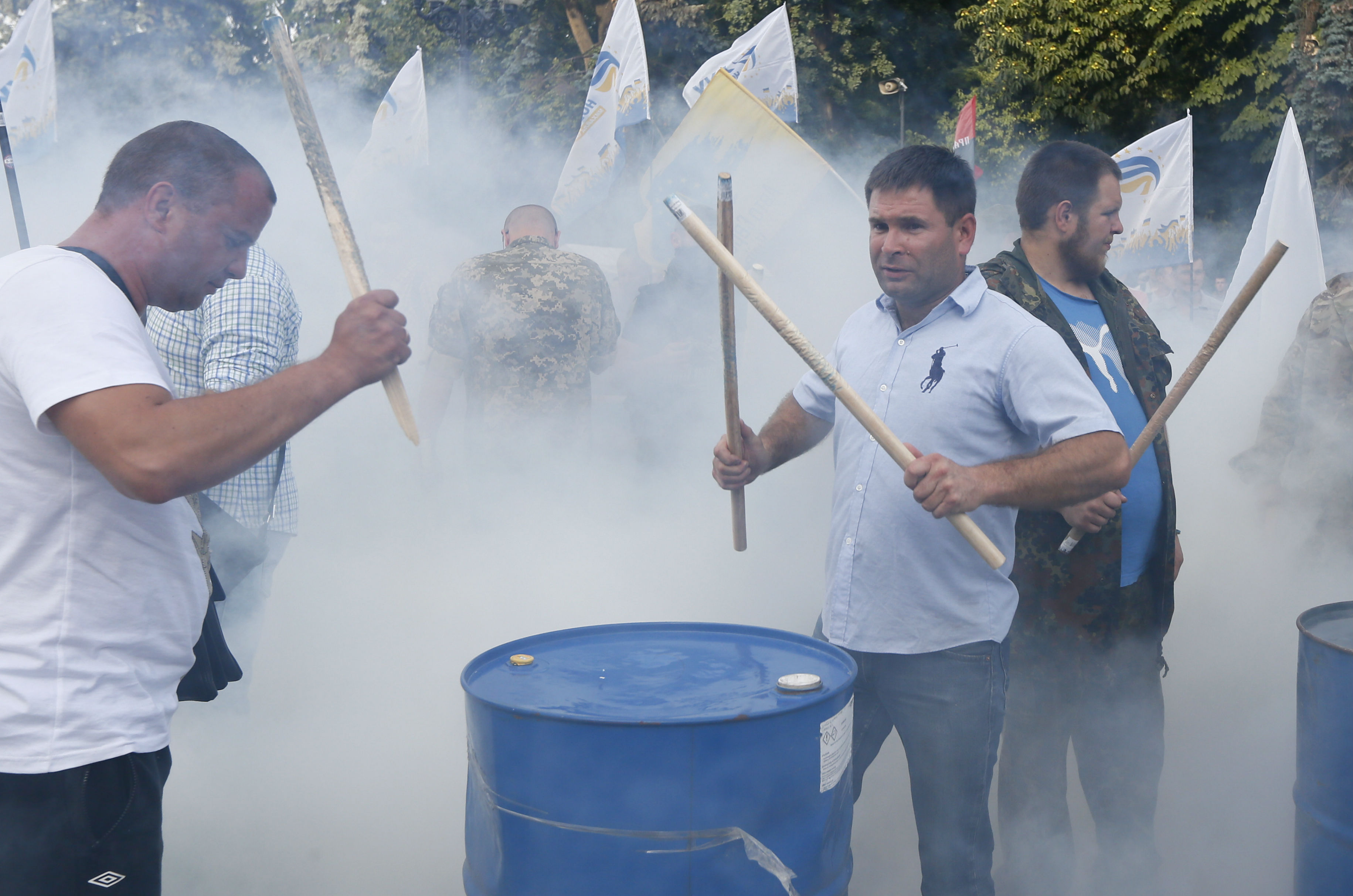
By Alexander J. Motyl, for Atlantic Council
Most Ukrainians will tell you that “nothing has changed” since the Euromaidan Revolution. Meanwhile, most Ukrainian analysts bemoan that Ukraine’s elites are resisting change and that, unless Ukraine changes more quickly, the country will backtrack and be lost. And everyone seems to agree that no change is possible unless corruption is fully eliminated.
These views rest on simplifications, distortions, and misunderstandings. Here are a few:
- Ukraine hasn’t changed since 2014. Nonsense. Change has been enormous, as a walk through any Ukrainian city reveals. Obviously, Ukraine needs to change more—as do a score of its neighbors and friends, including Russia, Belarus, the European Union, and the United States.
- Ukraine needs to change more quickly. Probably true, but maybe not. This view presupposes that fast change is better than slow change. In fact, very fast change—revolutions—generally doesn’t work, while evolutionary change generally does. There is no one-size-fits-all formula of change.
- If Ukraine doesn’t change more, then the forces opposed to change will win the upper hand. Maybe. All entrenched interests in all countries at all times oppose systemic change; they’d be fools not to. Resistance is a constant. Sometimes they win, sometimes they lose. It all depends on how strong the forces supporting change are. The good news is that, in Ukraine, they’re pretty strong and likely to remain so.
- Change is linear. Wrong. All countries at all times take two steps forward and one step backward, followed by three steps forward and four steps backward, and so on. Despite, or because, of these zigzags, systems do change, sometimes for the better, sometimes for the worse.
- Change must be pursued to the point of irreversibility. Nonsense. There is no such point. If there were, then revolutions would never happen. Besides, even highly developed, well institutionalized democracies backslide, as Trump’s America and the European Union’s travails demonstrate.
- Poland got it right, especially by adopting radical reforms just after 1989. Alas, no. If Poland—and Hungary—got it right, then how do we explain the Kaczynski and Orban governments? More to the point, the big bang Poland pursued in 1990 was actually tiny, as communist Poland had always had a state, a developed nation, a civil society (Solidarity and the Catholic Church), and some degree of private property—qualities that Ukraine has only now come to possess.
- Estonia and Latvia got it right, and Ukraine should emulate them. Only if you consider disenfranchising Russians a good thing. Estonia and Latvia made great strides toward changing themselves because they kept their pro-Russian and pro-Soviet constituencies out of the national decision-making process. Should Ukraine have done the same back in 1992? Perhaps. Putin’s occupation of Crimea and the eastern Donbas has effectively disenfranchised their populations and thereby facilitated the reforms of the last three years.
- Nationalism is always bad for reform. It depends. Yugoslavia suggests that ethnic hatreds can cause bloody wars, but the separation of Slovenia and Croatia from the Yugoslav federation quite possibly hastened their abandonment of the communist past. As it probably did in Czechoslovakia, when Czech and Slovak elites mutually agreed to pursue their own nation states—to great success. And who doubts that Poles’ intense sense of identity enabled them to oppose communism?
- Democracy is the only way to pursue radical change. To the contrary, most radical change has been pursued by authoritarian or highly centralized regimes. For obvious reasons: radical change always undermines vested interests, sometimes of elites, sometimes of populations. Their opposition is inevitable, and the easiest way to overcome it is by overriding it. That Ukraine has pursued so much change and still managed to remain democratic is well-nigh miraculous—and largely a function of Putin’s aggression, which presented Ukrainian elites and publics with a do-or-die alternative. Unfortunately, the people do not always know best. They’re prone to accept populist remedies that change little.
- Corruption makes change impossible or less likely. Where’s the evidence? All of today’s successful market economies and democracies were at one time deeply corrupt. Many, like Greece and Italy, still are. Most, like France, Germany, and the United States, are periodically rocked by fantastic corruption scandals. Obviously, corruption doesn’t promote positive change, but neither is it an insurmountable obstacle.
- Ukraine should emulate France and Germany. Really? It took France several revolutions and wars and a good 150 years to become the democracy still plagued by extremist left- and right-wingers it is today. Germany’s experience—consider Bismarck, Wilhelm II, Hitler—is even less instructive.
- Ukraine should emulate the Europeans and their “European values.” Yes, but not because democracy, human rights, and rule of law are European and not because most Europeans honor these values only as long as their material comforts remain undisturbed, but because these are intrinsically good things that Ukraine should desire to implement—regardless of whether they bring Ukraine closer to some mythical Europe.
The lessons for Ukrainians are obvious. Continue changing. Pursue democracy, rule of law, and the market. Become prosperous and strong. And pretend to listen to Westerners bearing advice and gifts.
By Alexander J. Motyl, for Atlantic Council
Alexander J. Motyl is a professor of political science at Rutgers University-Newark, specializing on Ukraine, Russia, and the former USSR.





